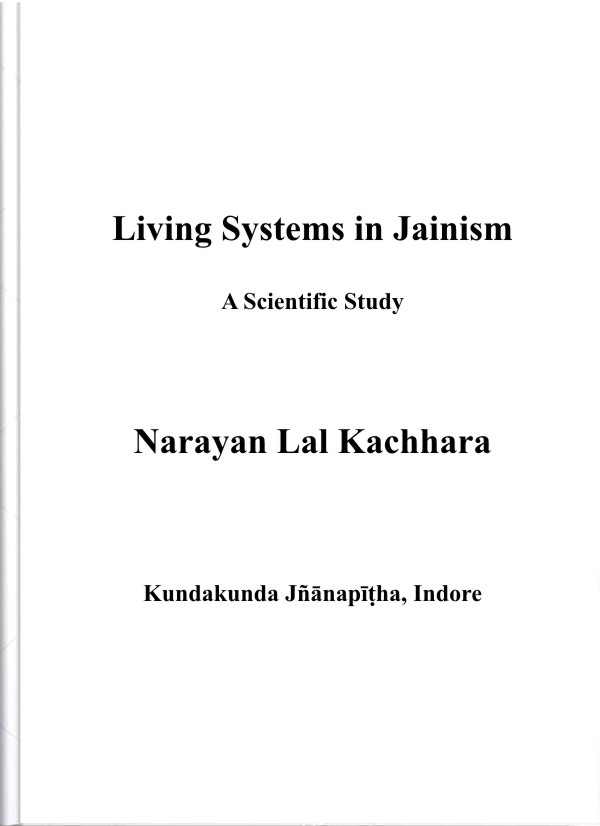Bhavana is another technical term in Jainism. Ganadhipati Tulsi and Acharya Mahaprajna, in their Dictionary of Technical Terms of Jainism, have listed the following meanings of bhavana:
- Repeated contemplation on the idea of making oneself resemble one's ideal (goal) - The process of infusing one's Citta (psyche) (with such idea) through strong resolve.
- The practice of detachment etc. undertaken for the purification of the Citta (psyche), cessation of delusion and cultivation of noble virtues and character building.
- To infuse the Citta (psyche) to make it favourable to the practice of meditation in order to undertake such practice.
- The superlative practices (like contemplation) to make the observance of Mahavratas (great vows) more meticulous.
Bhavana therefore describes desire and an attempt to purify the soul, to make it free from bhava. Bhavana here has been taken in a positive sense, but negative bhavana (increasing the karma load on the soul) is also possible. Bhavana, like emotions, has a wide spectrum. Bhavana is goal-oriented and aimed toward a purpose in life; it has intentional content. Bhavana is the inculcation of samskaras that purify the psyche, remove perverseness and strengthen and stabilize the vows of non-violence, truth, non-stealing, celibacy and non-possession. Depending on the intention, bhavana can be good or bad. Bhavanas can be learned and inculcated; bhava is the product of rising karma. For instance, one learns to do social service, which may then become one's bhavana and purpose in life. Bhavana-yoga is a powerful method in the Jain system for uniting the mind with the soul.
Twelve benevolent bhavana that help the practitioner to progress on the path of purification of the soul are described in Jainism[1]. These are the consideration of: the transitory nature of all things; the helplessness of human being; the samsara; the isolation of the soul; the heterogeneity of soul and body; the impurity of the body; the influx of karma; the impeding and destruction of karma; the world; the scarcity of enlightenment; and the truth proclaimed by religion. Besides these, four other bhavanas are also described:
- Friendship (Maitri). Enmity produces fear and mental tension. A feeling of friendship produces happiness and fearlessness. One must think good of all to strengthen the feeling of friendship.
- Absence of jealousy (Pramoda). The feeling that every soul has equal potential removes the feelings of jealousy and unhappiness. Such individuals accept the potential in everyone and do not become jealous of their achievements.
- Kindness (Karuna). Enmity takes a person away from the truth. Feelings of kindness show the earnestness of an individual for the truth.
- Non-favoritism (Madhyasthata). Favoritism promotes inequality in society and produces unhappiness.
Bhava lasts longer than emotions; the duration can be hours or days. Bhavanas are relatively steady and can last for months or even years, since they are connected to some purpose in life. Emotions are like a disturbance on the surface of a lake that arises and subsides quickly. Bhava is like a deeper layer where only strong disturbances, the passions, can make their effect felt. Bhavanas are like the deep mass of water that is hardly affected by surface disturbances; changes there take place only by interaction with the environment.
 Dr. N.L. Kachhara
Dr. N.L. Kachhara
